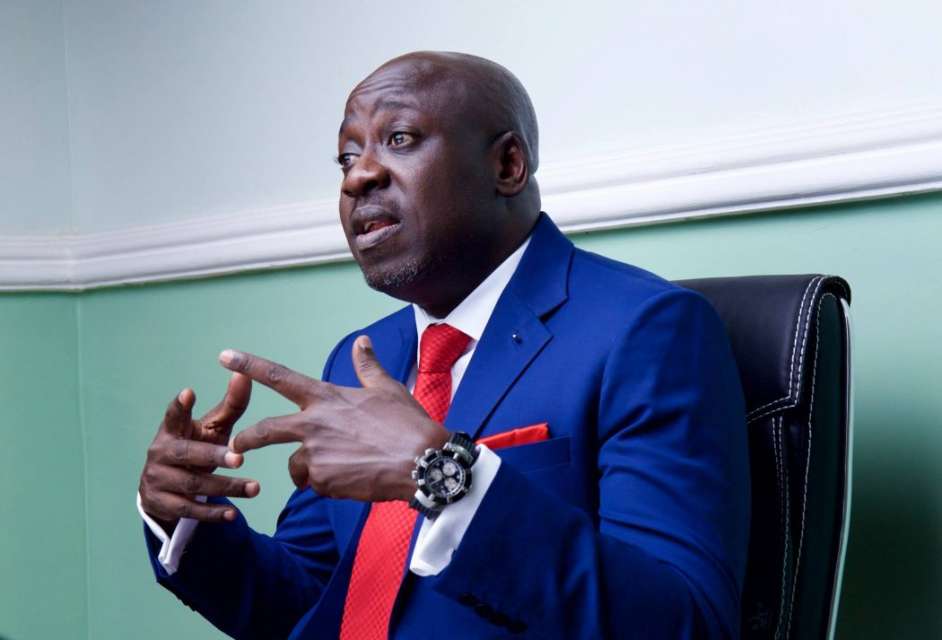Remembering ex PDP chairman Chief Audu Ogbeh: A Life of Service, Farming and the Written Word
Chief Audu Innocent Ogbeh — teacher, farmer, playwright, lawmaker and two-time federal minister — died peacefully on 9 August 2025 at the age of 78. His family announced his passing in a statement that described him as a man of “integrity, service, and dedication” whose life touched many across Nigeria.
Who was Audu Ogbeh?
Born in Otukpo, Benue State on 28 July 1947, Ogbeh built a life that moved easily between the classroom, the farm and the corridors of power. He trained at Ahmadu Bello University and later at the University of Toulouse in France. Early in his career he rose to become head of the Language, Arts and Social Sciences Department at Murtala College of Arts, Science and Technology before stepping into elected office as a member (and Deputy Speaker) of the Benue State House of Assembly in 1979.
Public service and political courage Ogbeh served in the Second Republic as Federal Minister of Communications (1982–1983) and later returned to national politics as National Chairman of the Peoples Democratic Party (PDP) from 2001 to 2005. He is widely remembered for taking a principled stand against a proposed third-term presidential bid in the early 2000s — a decision that shaped his public image and led to his resignation as party chair... Read complete content click link below
Continue Reading The Post
Also join our community and comment on this topic in the forum.
Go to Forum ThreadMinister of Agriculture: farming meets policy In the Buhari administration, Ogbeh served as Minister of Agriculture and Rural Development from 2015 to 2019. He brought real-world farming experience to the role: before his return to public office he invested in rice mills, cashew plantations and community agricultural projects. That blend of practical farming knowledge and policy responsibility became a hallmark of his tenure.
Beyond politics — the writer and the farmer Ogbeh was also a man of letters. He authored several plays and literary works; one of his notable plays, Epitaph of Simon Kisulu, was staged at the Muson Centre in 2002. His creative side reminded many that public life and art can coexist — and that empathy and storytelling are useful tools in leadership.



